Life
-
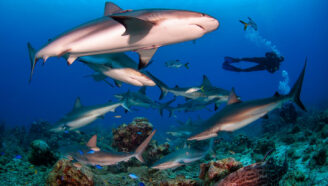 Life
LifeExplainer: What is an endangered species?
Threats such as climate change and habitat loss can put species at risk of going extinct. Different words describe that risk.
-
 Tech
TechThese flying robots protect endangered wildlife
Flying drones make conservation work much easier. Around the world, drones and artificial intelligence help scientists study or protect endangered animals.
-
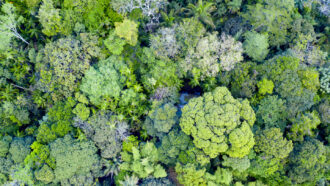 Plants
PlantsMore than 9,000 tree species may be waiting to be discovered
Scientists estimated how many tree species are on Earth, an important step for forest conservation and protecting biodiversity.
By Jude Coleman -
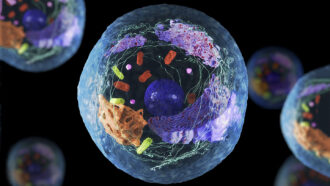 Life
LifeExplainer: Cells and their parts
Life as we know it depends on the coordination of structures inside cells — whether a living thing has only a single cell or trillions of them.
-
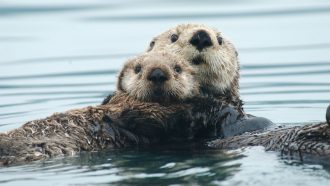 Animals
AnimalsLa nutria soporta el frío, sin un cuerpo grande ni capa de grasa
Al mamífero más pequeño del mar no le es fácil mantenerse caliente. Ahora, los científicos han descubierto cómo sus células responden al desafío.
-
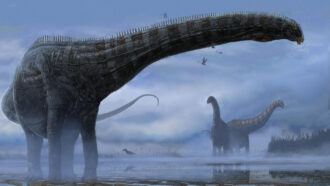 Fossils
FossilsDinos may have had the sniffles 150 million years ago
A respiratory infection that spread to air sacs in the vertebrae of a sauropod dinosaur likely led to the dino's now-fossilized bone lesions.
By Sid Perkins -
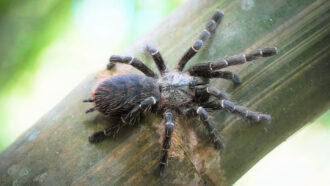 Animals
AnimalsNewfound ‘bambootula’ spider lives inside bamboo stems
A YouTuber discovered a new tarantula genus living in bamboo near his home in Thailand. It’s the only tarantula known to choose such a habitat.
By Becki Robins -
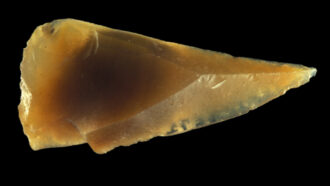 Archaeology
ArchaeologyOur species may have reached Europe while Neandertals were there
Archaeological finds from an ancient French rock-shelter show periodic settlements by both populations, just not at the same time.
By Bruce Bower -
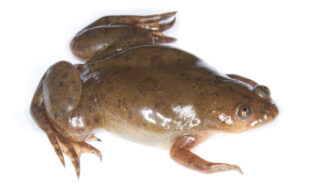 Animals
AnimalsA new drug mix helps frogs regrow amputated legs
The treatment helped frogs grow working limbs useful for swimming, standing and kicking. It’ll be a while before people can do that.
-
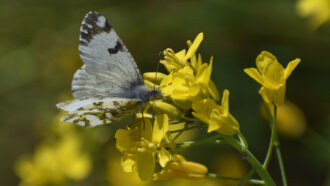 Environment
EnvironmentBees and butterflies struggle to find flowers in polluted air
Emissions from cars and trucks make it harder for insects to find flowers. That in turn reduces flower visits and pollination, a new study finds.
By Laura Allen -
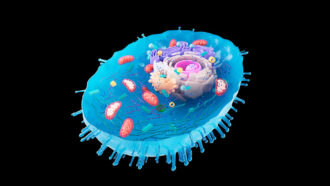 Life
LifeScientists Say: Eukaryote
Eukaryotes are living things whose cells package their genetic material inside a pouch called a nucleus.
-
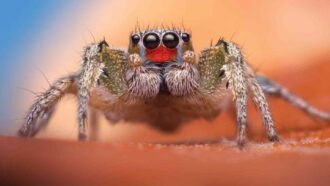 Animals
AnimalsSee the world through a jumping spider’s eyes — and other senses
Scientists are teasing out the many ways the spiders’ vision, listening and taste senses differ from ours
By Betsy Mason